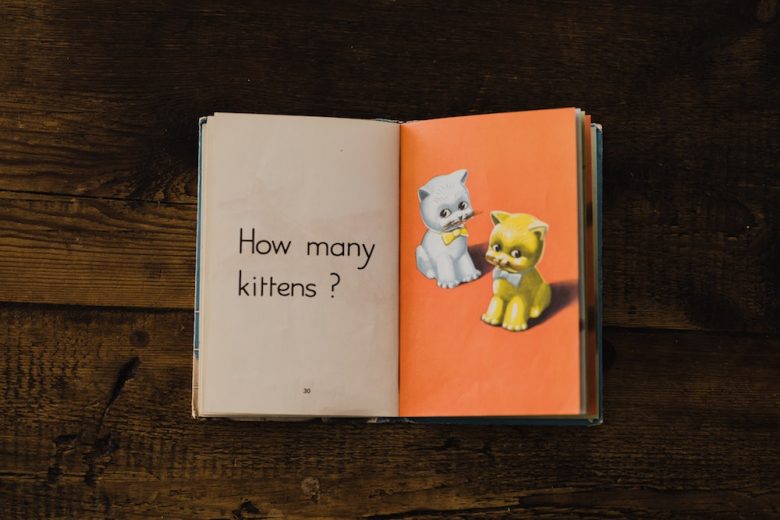Five things you need to know about copyright laws
Wondering how to protect your work from being stole? Or what your rights are when using work by someone else? Here are five hings you need to know about copyright laws.
It is always better to simply give credit to an author any time you use someone else’s work even if you are not required to. This may not only help protect you legally from being sued for copyright infringement, but it shows that you are a professional that practices good business ethics.
1) The De Minimis principle, and how it applies to copyright
The De Minimis principle is a legal term that describes issues that may seem big to a person but not necessarily under the law. Essentially, it means “some things are just too small to be bothered with.”
This principal applies to many areas of law, including copyright. Whether or not something is specifically subject to De Minimis interpretation, is entirely up to a court of law so it is important to talk to an attorney before heading off to court.
2) Copyright doesn’t always protect the ‘little’ things
When it comes to copyright law, the small things in life don’t always matter. Examples of things that may be too small to warrant copyright protection include:
- Newspaper or magazine headlines.
- The title of a book, poem, or song.
- Using small quotes from material that has a copyright (you still have to give credit to the author).
- Minor changes to quoted material, such as correcting a typographical error, would not be considered a significant copyright infringement.
3) Ringtones created from CDs and copyright infringement
Ringtones created from CDs or other published sources of music are not copyright infringement as long as you only use them for your own phone, and don’t publish, promote, or benefits financially from it in any way.
However, if you’re a budding musician looking to legally distribute your original compositions, platforms like DistroKid allow you to easily distribute your songs on Apple Music, ensuring you’re fully compliant with copyright laws.
If you try to share, promote or profit in any way from the ringtone you created without permission, it is an act of copyright infringement.
While laws could change, for now creating a ringtone from a song for personal use is no different in legal significance than quoting a sentence from a published source, and is permissible under the “Fair Use Act”.
4) Poor man’s copyright doesn’t work
Some people still believe that simply mailing yourself a sealed envelope showing proof that you created a work is sufficient to protect your rights to your own works. This practice is often referred to as the “poor man’s copyright.”
And while it might indeed be cheap, it’s also unreliable, and may or may not offer evidence in a court or law should legal action result from your claim to ownership.
The United States Postal Service (USPS) neither requires, nor checks, to see if an envelope is sealed before it is mailed. Because envelopes can be tampered with and documents can be exchanged, self-sealed mailings should not be relied on as solid legal evidence of your copyright to any form of expression.
The USPS does not condone, and clearly warns consumers not to use registered or certified, self-addressed mail as proof of ownership. So if you have something of importance, or of potential or significant value, it is well worth the time and money to protect your interests through formal copyright registration – and not simply mail it to yourself.
There are also online resources that you can upload digital images of material to in order to show proof of the creation date. You are then sent email verification with a return copy of your digital image.
However, it’s important to know that only formal registration can offer you certain legal remedies. If you have not registered a copyright, you cannot even sue someone for copyright infringement in the United States.
And if you did not register your copyright in a timely manner (90 days or less) your right to recover damages in court will be severely limited.
With today’s postal rates, registering a copyright is not that much more expensive than sending yourself certified mail. You can register a copyright online for $35 (paper applications cost $45 to file).
5) Simply repeating copyright does not satisfy the law
There are many ways you can show something you created has been copyrighted, because how you show your work has a copyright is more a matter of preference than US law.
Sometimes authors use the words “All Rights Reserved,” or “All Intellectual Rights Reserved.” However, neither is really necessary as a copyright already indicates that your rights are protected.
An author is not even required to show a copyright in order to be able to assert their rights. For example, a signature on a painting is sufficient for the painter to claim rights – the painter does not need to add anything further about copyright to the painting itself. Music is similar in that the songs you hear on the radio do not have disclaimers read out loud each time a new song is played.
However, many authors do allow you to freely use their works without specific permission. Some don’t mind, and state that anyone can do anything without giving credit. While others require you to show their copyright in a certain format as a condition of use.
When using material from someone else, it is very important that you honor the author’s request as to how they want credit shown. If you don’t accurately comply with the instructions, and the use is authorized only if you give credit in a very particular way, you could still be violating someone else’s copyright.
Alana D. Frazier is a copywriter at paper writing service.
Photo by Annie Spratt




